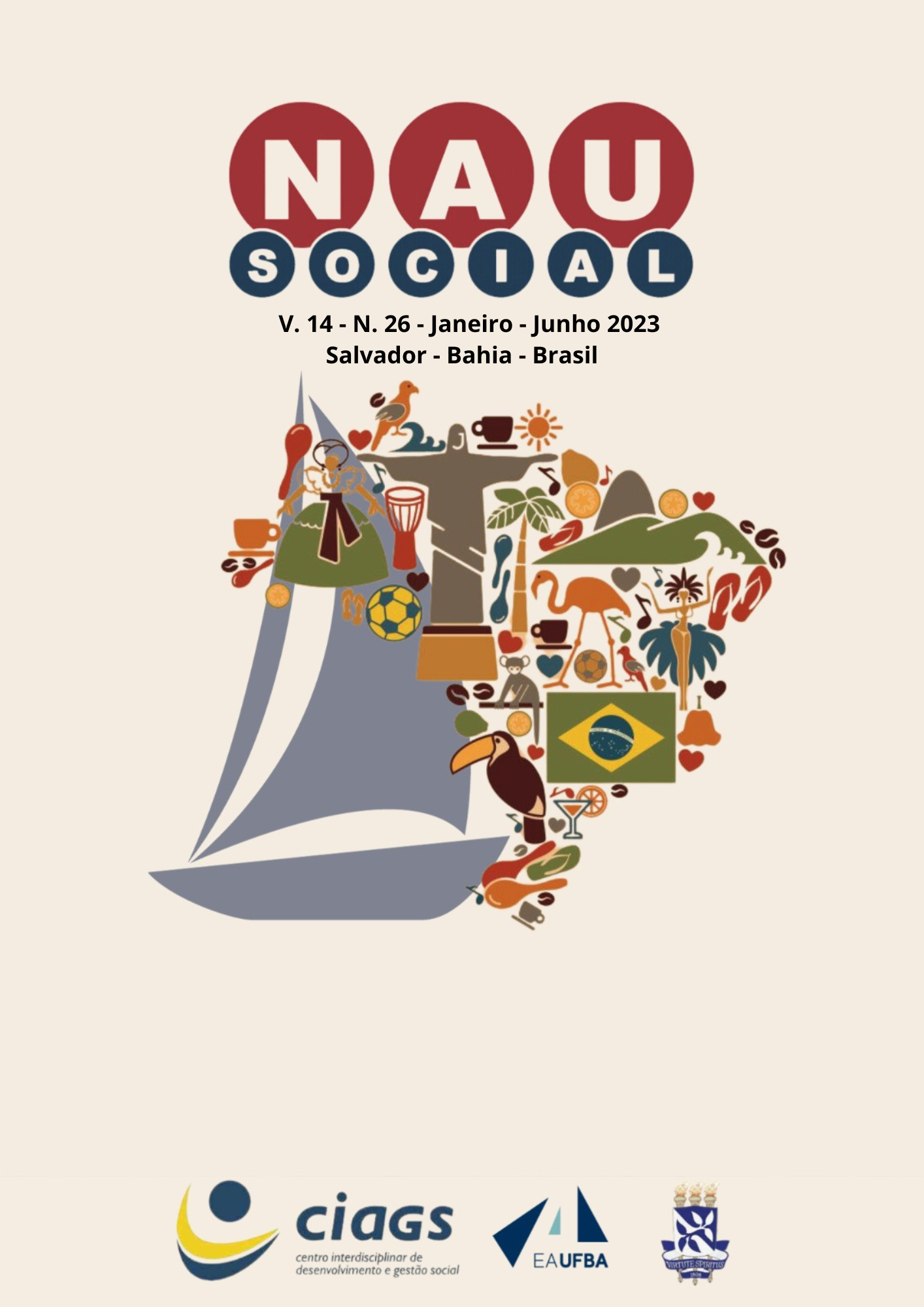OS PARADOXOS DO ANTIRRACISMO
avanços e retrocessos da luta quilombola
DOI:
https://doi.org/10.9771/ns.v14i26.47658Abstract
The aim of this paper is to reflect on the paradoxes of anti-racism in Brazilian society from an analysis of the advances and regressions of the quilombola struggle. The recognition of the right to land granted by the Federal Constitution of 1988 represents an important measure of reparation to the historical process of social exclusion of the black community. However, the barriers that are imposed to the realization of this right reveal the persistence of racism and mechanisms that dehumanize the black population. Therefore, it is argued that reparation policies are limited in Brazilian society, as they coexist both with structural racism and institutional racism.
Downloads
Published
How to Cite
Issue
Section
License

This work is licensed under a Creative Commons Attribution-NonCommercial 4.0 International License.





